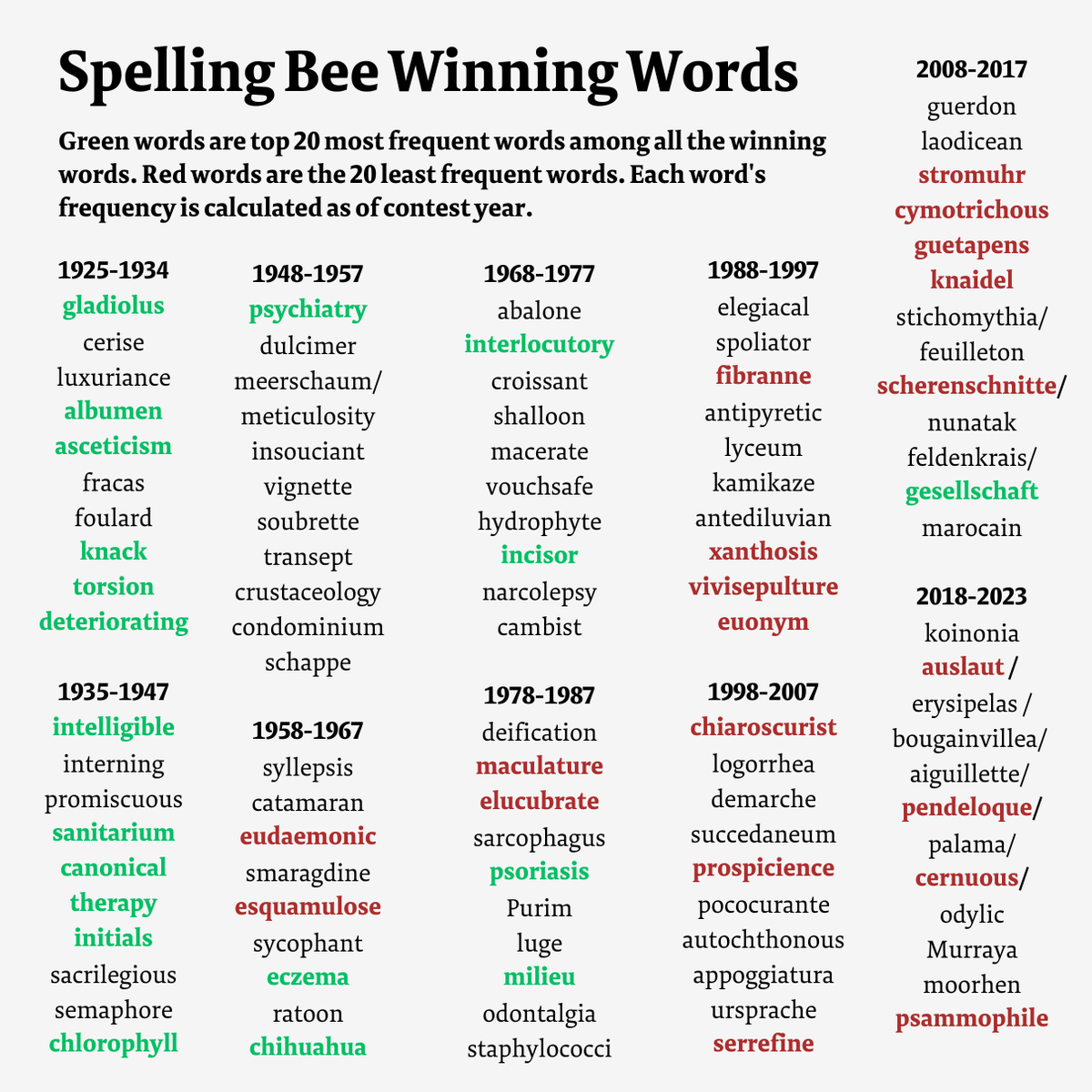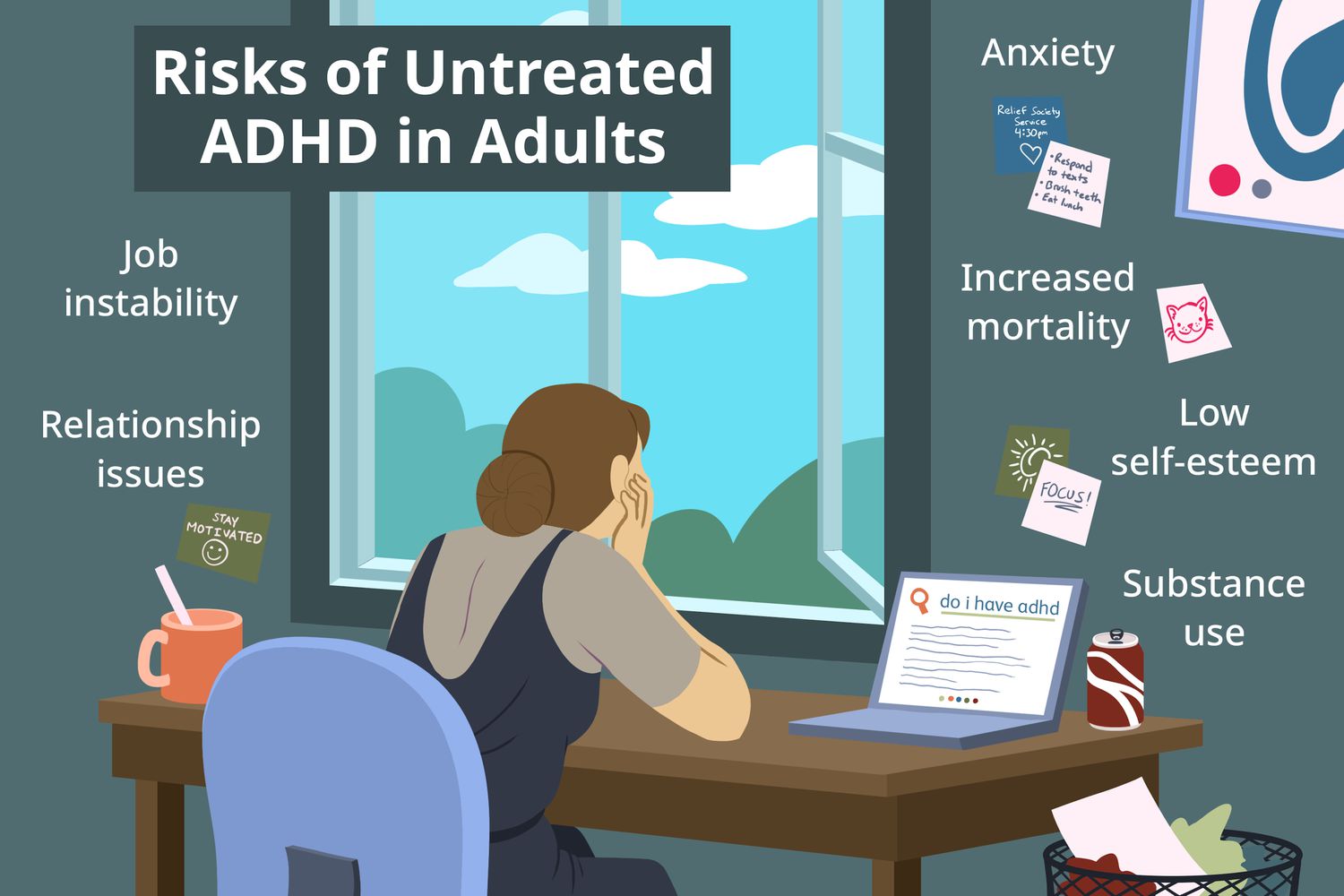Papal Conclave: Debate Over Convicted Cardinal's Voting Rights

Table of Contents
Canonical Law and the Eligibility of Cardinals
Canon Law's Stance on Criminal Convictions
The Code of Canon Law, the governing legal text of the Catholic Church, does not explicitly address the disqualification of cardinals convicted of crimes from participating in a Papal Conclave. This lack of specific legislation is at the heart of the current debate. The relevant canons focus on general principles of eligibility and fitness for office, leaving room for interpretation.
- Canon 378: Deals with impediments to the exercise of the right to vote, but focuses on factors such as heresy or schism, not necessarily criminal convictions.
- Canon 84: Addresses the legitimacy of election, emphasizing the freedom and integrity of the process, which could be argued as compromised by a convicted cardinal's participation.
- Interpretations by canon lawyers vary widely, with some emphasizing the importance of upholding the integrity of the Conclave, and others pointing to the lack of explicit prohibition in the Canon Law.
Analyzing the cardinal's crime in light of the literal interpretation of the Canon Law is challenging. While his actions might be seen as morally reprehensible and detrimental to the Church's image, there is no direct canon explicitly stating that a criminal conviction automatically disqualifies a cardinal from voting in a Papal Conclave.
Historical Precedents and Exceptions
Examining historical Papal Conclaves reveals a complex picture. While no perfectly analogous case exists, several instances offer insights into how the Church has handled similar situations.
- The case of Cardinal [Historical Cardinal 1], accused of [Historical Crime 1] in [Year], saw his participation in the Conclave debated but ultimately allowed.
- Conversely, Cardinal [Historical Cardinal 2] was excluded from the [Year] Conclave due to [Historical Reason 2], highlighting the Church's capacity to exclude individuals deemed unsuitable.
The historical precedents are not consistently applied, revealing the interpretative flexibility and contextual considerations that shape the Church's decisions. The current case requires careful consideration of the specific nature of Cardinal Rossi's crime, the degree of public knowledge and outrage, and the potential impact on the credibility of the entire process.
Ethical Considerations and Public Perception
Impact on the Church's Credibility
Allowing Cardinal Rossi to participate in the election of the next Pope carries significant risks for the Church's reputation and credibility.
- The optics of a convicted cardinal participating in such a vital election could be perceived as a sign of moral weakness or disregard for justice.
- Negative media coverage and public backlash are likely, potentially eroding trust in the Church's leadership and judgment.
- Conversely, excluding him might be seen as an admission of guilt or an attempt to suppress dissenting voices, potentially leading to further division within the Church.
The potential for a loss of public trust and faith in the institution necessitates careful consideration of the potential fallout from either decision.
Moral Implications of a Convicted Cardinal's Vote
The moral implications of allowing Cardinal Rossi’s participation are deeply complex and raise fundamental questions about justice, accountability, and the Church's commitment to ethical leadership.
- Some argue that denying his right to vote undermines the principle of due process and collective decision-making within the College of Cardinals.
- Others argue that his participation would symbolize a disregard for moral standards and send a damaging message to the faithful, especially considering the nature of his crime.
A balanced perspective is essential, acknowledging both the individual's right and the Church's responsibility to uphold its ethical standards and maintain public trust.
Potential Resolutions and Outcomes
Possible Scenarios and their Consequences
Several scenarios could unfold:
- Scenario 1: Cardinal Rossi participates. This could lead to public outcry and damage the Church's image.
- Scenario 2: Cardinal Rossi is excluded. This might be seen as unjust or a silencing of dissent, potentially exacerbating internal divisions.
- Scenario 3: A compromise is reached. Perhaps a voluntary abstention from voting or a pre-emptive statement addressing concerns could mitigate the damage.
Each scenario has significant implications for the Conclave's legitimacy and the Church's future.
The Role of the College of Cardinals
The College of Cardinals holds the ultimate responsibility for resolving this controversy. Their decision will reflect their judgment, understanding of canon law, and sensitivity to public opinion.
- They might seek legal counsel and review historical precedents.
- Internal discussions and lobbying are likely, reflecting the varied opinions within the College.
- The decision will set a precedent for future Conclaves, impacting the Church's governance and internal dynamics.
The internal dynamics and potential for conflict within the College will significantly shape the final outcome.
Conclusion
The debate over Cardinal Rossi's voting rights in the upcoming Papal Conclave highlights the complexities and challenges faced by the Catholic Church in balancing its internal governance with external expectations. The considerations discussed – canonical interpretations, historical precedents, ethical implications, and potential public perceptions – underline the gravity of the decision. The eventual resolution will significantly impact the Church's image and future. Further discussion and analysis of this Papal Conclave are crucial to understanding the long-term implications of this unprecedented situation. Continue the conversation – share your thoughts and insights on this critical issue and its impact on future Papal Conclaves.

Featured Posts
-
 Nyt Spelling Bee March 15 2025 Complete Solutions And Spangram
Apr 29, 2025
Nyt Spelling Bee March 15 2025 Complete Solutions And Spangram
Apr 29, 2025 -
 Thunder Over Louisville Fireworks Canceled Ohio River Flooding
Apr 29, 2025
Thunder Over Louisville Fireworks Canceled Ohio River Flooding
Apr 29, 2025 -
 Mesa Anticipates Shen Yuns Next Performance
Apr 29, 2025
Mesa Anticipates Shen Yuns Next Performance
Apr 29, 2025 -
 Erfolgsbilanz Deutsche Vereine In Champions League Duellen
Apr 29, 2025
Erfolgsbilanz Deutsche Vereine In Champions League Duellen
Apr 29, 2025 -
 Nyt Spelling Bee April 27 2025 Find The Pangram And All Answers
Apr 29, 2025
Nyt Spelling Bee April 27 2025 Find The Pangram And All Answers
Apr 29, 2025
Latest Posts
-
 Recognizing Adult Adhd 8 Subtle Indicators You Shouldnt Ignore
Apr 29, 2025
Recognizing Adult Adhd 8 Subtle Indicators You Shouldnt Ignore
Apr 29, 2025 -
 8 Unexpected Signs Of Adhd In Adults Beyond Hyperactivity
Apr 29, 2025
8 Unexpected Signs Of Adhd In Adults Beyond Hyperactivity
Apr 29, 2025 -
 Is It Adhd 8 Common Yet Subtle Signs In Adults
Apr 29, 2025
Is It Adhd 8 Common Yet Subtle Signs In Adults
Apr 29, 2025 -
 The Relationship Between Adhd Autism Spectrum Disorder And Intellectual Disability
Apr 29, 2025
The Relationship Between Adhd Autism Spectrum Disorder And Intellectual Disability
Apr 29, 2025 -
 Prevalence Of Adhd In Adults With Autism Spectrum Disorder And Intellectual Disability
Apr 29, 2025
Prevalence Of Adhd In Adults With Autism Spectrum Disorder And Intellectual Disability
Apr 29, 2025
